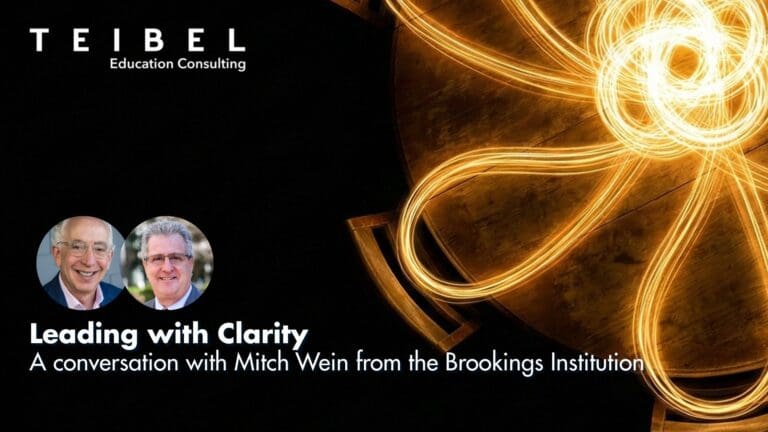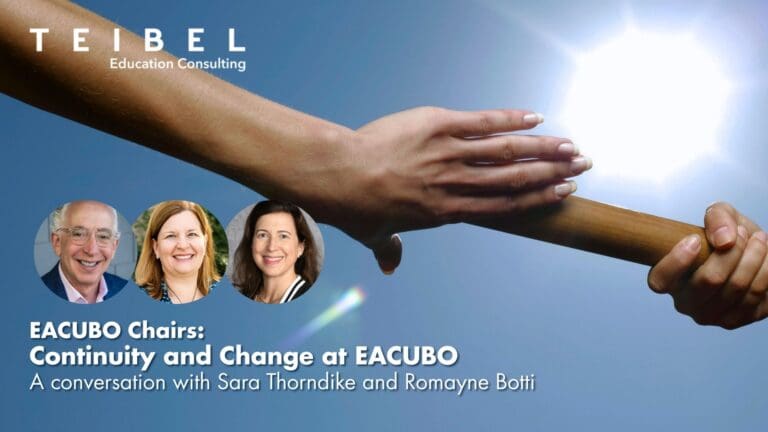“In tasks of the mind, monetary incentives don’t improve performance.” So says today’s guest Roger L. Martin, and in doing so he provides the foundation for our conversation on the role of incentives in delivering powerful creative solutions to our institutions’ most challenging problems.
Much of the work we do in facing the new normal in higher ed involves financial objectives. Shared services? Tenure? Consolidation? Program expansions or cuts? Whether you’re in senior administration, staff, or academics, you’re likely addressing these challenges (and more) through the lens of a financial goal.
Professor Martin’s latest work in Harvard Business Review, “The Rise — and Likely Fall — of the Talent Economy,” lays out the case for the disconnect of high salaries to performance in knowledge work. But can the same case be made for the impact of significant financial goals on cultivating our best creative solutions from our teams?
From Howard Teibel’s work with institutions in administrative and academic reviews, and Professor Martin’s work as an academic and business leader, comes a conversation that addresses the competencies of our teams, and inspiring our best players to do their best work in the face of great challenge before them.










